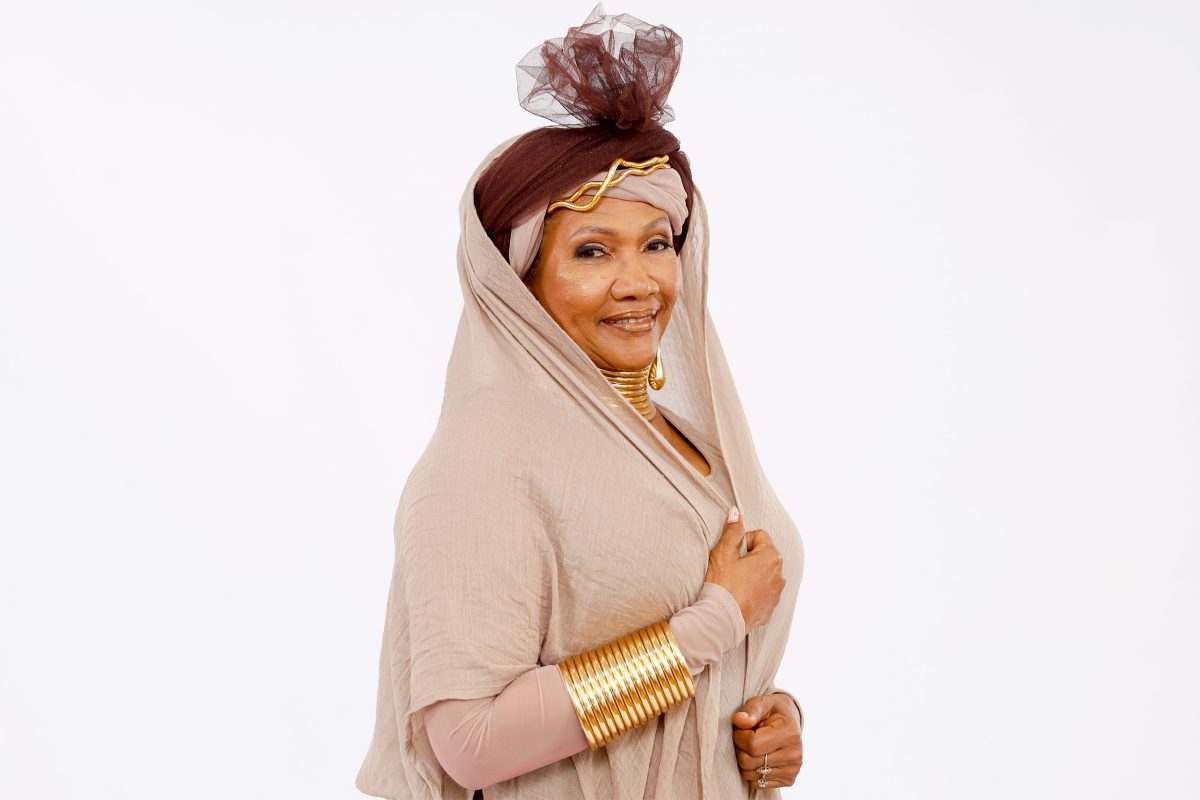Marcia Griffiths Opens Up About Being Betrayed, Denied Royalties From ‘Electric Boogie’

Queen of Reggae Marcia Griffiths has opened up about how she was betrayed and denied the opportunity to earn royalties from the original version of her mega-hit song Electric Boogie, on which the later Reggae icon Bunny Wailer, served as producer, arranger, and background vocalist.
The song, whose beat she said was created on a rhythm box bought following a performance in Canada, was written by Bunny Wailer, who passed away in March 2021.
However, according to the Love Is Automatic singer, after Jah B circumvented her and claimed all the royalties, she was unable to earn from the track, until Island Records boss Chris Blackwell intervened.
“I would feel better if I was able to make some money from it. But unfortunately, Bunny Wailer claimed a hundred percent from the song and whatever I made from that song is from performances, and thanks to Chris Blackwell, who thought it was so unfair that nothing was given to me. So, I eventually in the end got some performance royalties. But I didn’t get what was due. Nothing at all. And it was from my music that the song was written,” the disappointed singer told broadcaster Tom Powers, in an interview on CBC’s Q podcast in Toronto.
Acknowledging that the denial of royalties was “very horrible,” Griffiths described Wailer’s alleged actions as ‘gravalicious’.
“I think it’s unfair and I think its selfish and greed, you know. Because there is enough there for everyone, so it’s just greed,” she stated.
Despite her disappointment, Griffiths, who said she and the Wailer were friends from kindergarten days, revealed that even after Chris Blackwell advised her to record a different version of the song so she could earn her own royalties, she still had the Ballroom Floor singer’s interests at heart and had no desire to excoriate him or leave him out.
She said she sought out Bunny to invite him to participate in the official music video Blackwell had suggested she filmed, only to get the shock of her life.
“Well I went in the studio with the Miami Sound Machine and we re-recorded the song with Chris Blackwell’s advice and originally I was looking for Bunny Wailer to do the video with me, because Bunny has a major part in that song where he does a rap,” she began.
“And if I was going to do a video with the original song it would be Bunny and myself, but while I was searching for Bunny, he was busy in the studio recording over the song for himself; his own version without me. So when I finally found him, he had already done the song and was now doing the video with some dancers. I cannot find the words to tell you how bad I felt,” she added.
Nevertheless, she said that despite her disappointment, she even proceeded to help Bunny with the promotion of his new solo version of the song.
“But good over evil I say, because his version didn’t do anything, even though I took it personally myself and was giving it to all radio stations. But they didn’t know that version and they didn’t love that version. So it didn’t work out for him,” she explained.
Griffiths had first spoken about the making of Electric Boogie in February 2021, during an interview with entertainment journalist Anthony Miller on Television Jamaica’s The Entertainment Report.
At that time, she had sought to set the record straight regarding the genesis of the song, which she said at the time had been incorrectly described as being a cover version done by her by many local and international media, including Essence Magazine, over the years.
At the time, she had revealed the song came about with a rhythm box that she bought in Canada, whilst on tour with the I-Threes in the 1980s, when each of the back-up singers received 700 Canadian dollars as their performance pay.
The now 73-year-old singer had said that after returning to Jamaica, she had shown the box to Bunny Wailer, and together they had explored the sounds, and different beats, as well as the repeater with which she was enthralled from the get-go.
“And he laid one of the beats from the rhythm box with the piano repeater sound, took it to Portland; came back the following day with the song, and he called in Sly and Robbie to do a overdub on what he had recorded form the rhythm box,” she had told Miller.
When Miller had asked how she benefited from the song in terms of royalties, Marcia had also stated that for a long period, she did not gain even one red cent.
“That’s a million-dollar question, because apart from performances that I do because I have songs to perform on my catalogue, that particular song – nothing was coming from that song. Nothing. It was out of the goodness of Chris Blackwell’ heart; he said it was unfair that I am not earning a dime… So because I said to him: ‘It’s not fair to me to not earning nothing – I mean nothing – and they made some arrangement for me to get some artiste royalty,” she had said.
Griffiths released her Golden album on September 8, a collaboration with Kemisphere Music and Donsome Records featuring tracks such as Holding You Close, Black Tears (Remix), Don’t Seh Nuttin, and A Beer & A Girl.
